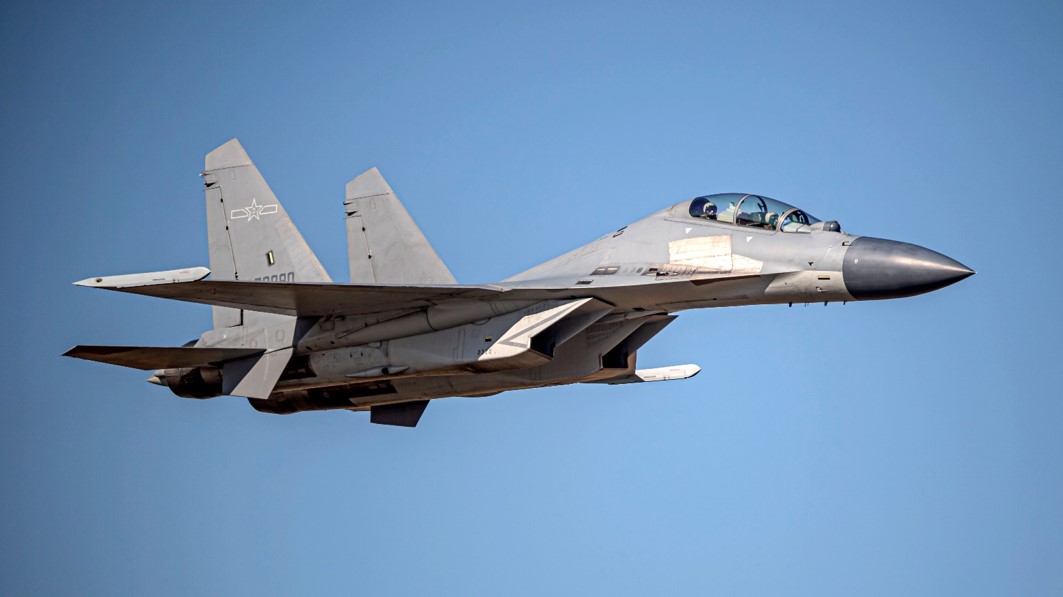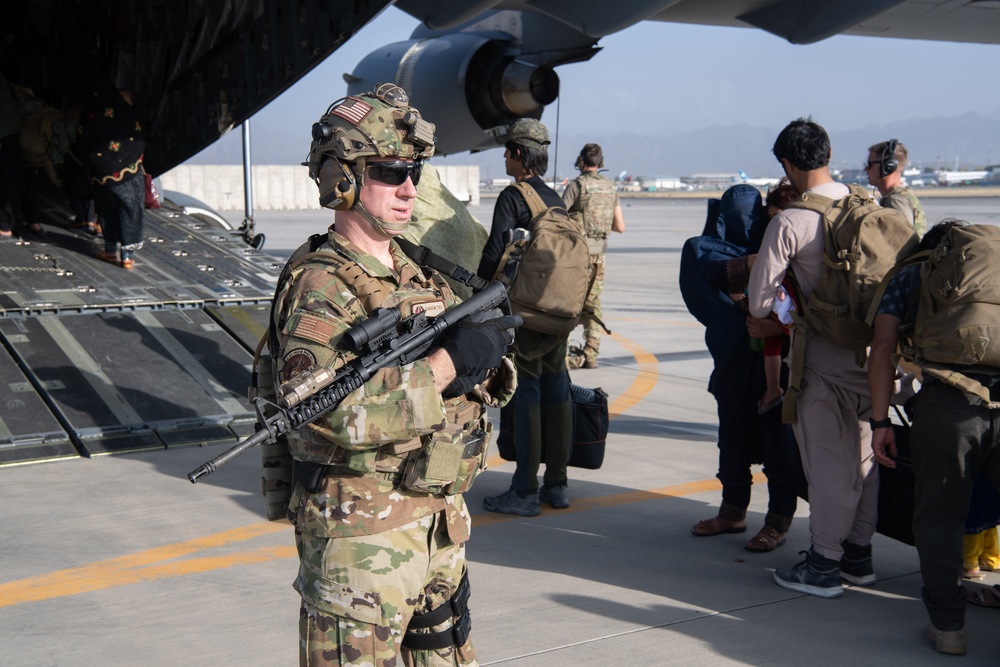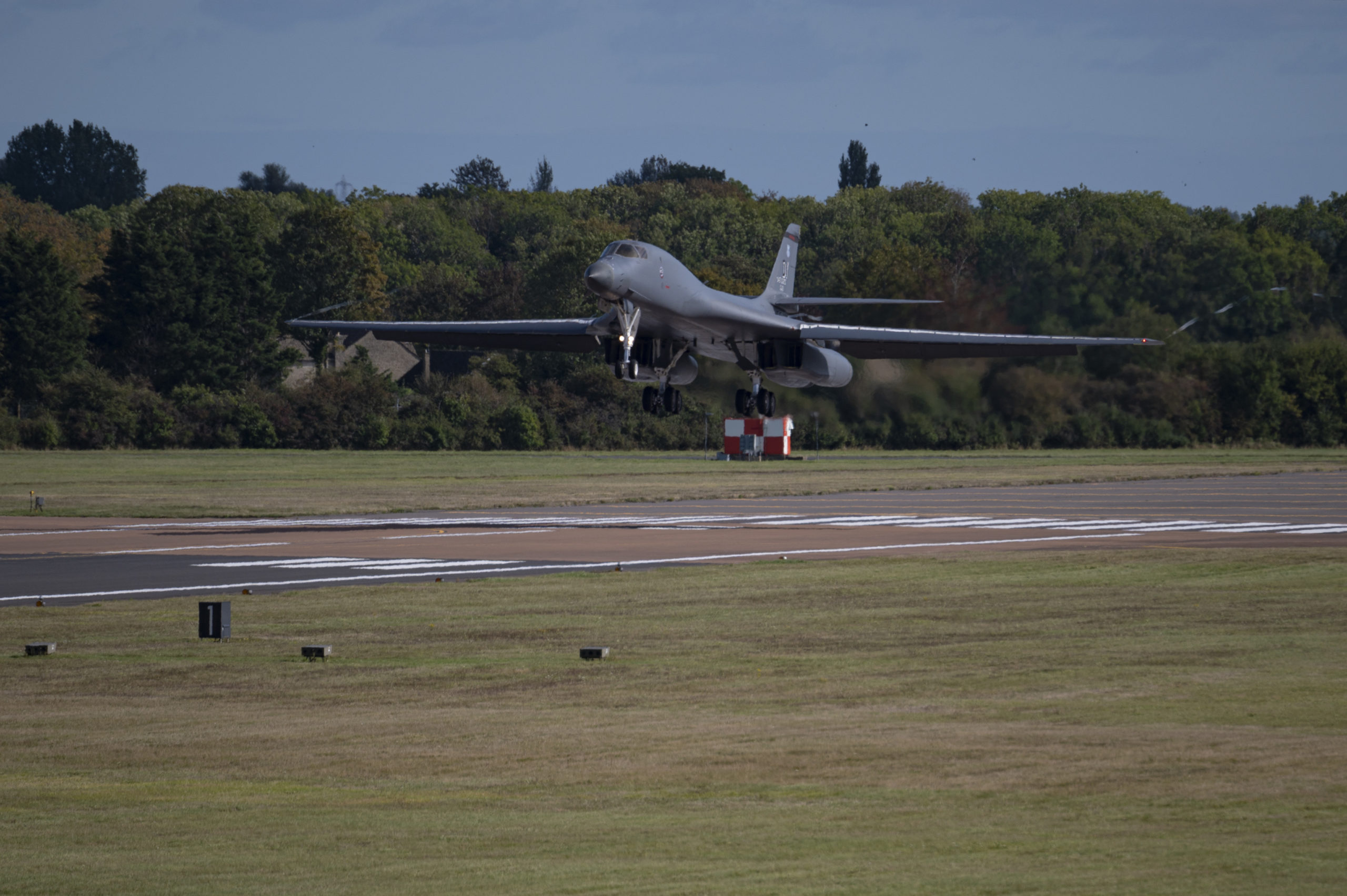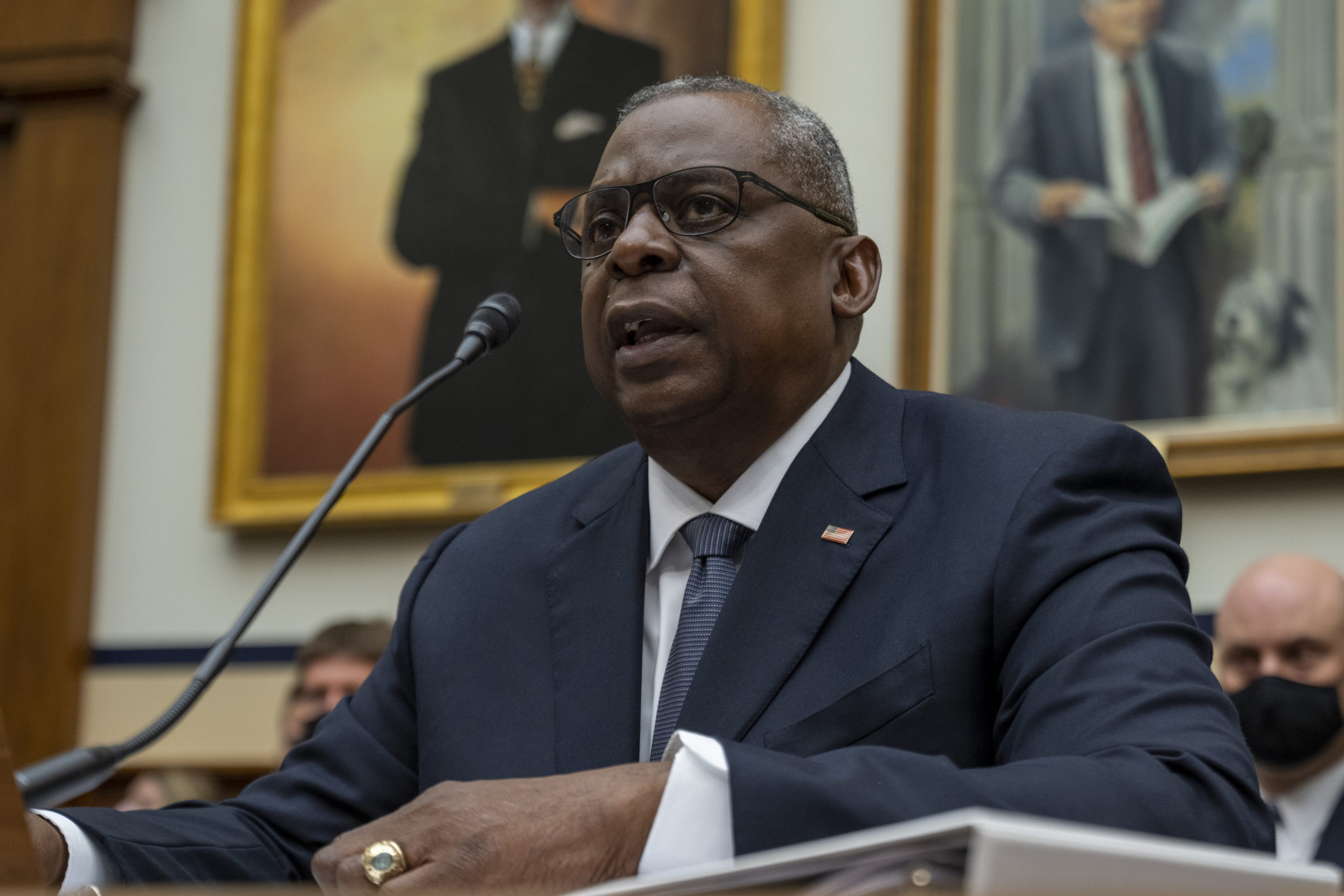Amid a surge in Chinese aggression toward Taiwan in September and October, lawmakers on both sides of the aisle called for the U.S. to break from its longstanding policy of “strategic ambiguity” when it comes to the defense of the island.
Speaking during a virtual forum hosted by Politico on Oct. 7, Sen. Thom Tillis (R-N.C.) and Rep. Ami Bera (D-Calif.) agreed that the policy—whereby the U.S. refuses to officially say whether it would intervene militarily if China invades Taiwan—needs to change, saying doing so would act as a deterrent to the Chinese.
“I think that removing the ambiguity would be good and would probably have a calming effect on China’s aspirations,” said Tillis, who serves on the Senate Armed Services Committee. “I think it’s also important for the American people to understand how devastating China’s invasion of Taiwan would be, economically in terms of safety and security in that region. I do believe that we need to make it clear to China that there’s a consequence.”
“I certainly would move away from strategic ambiguity,” Bera agreed. “I use the term ‘strategic deterrence,’ but deterrence only if there’s clarity in that deterrence. And often, we just talk about the military and deterrence. There’s economic, as well. What kind of multilateral sanctions would be placed on China should they invade Taiwan? What else would happen in the region?”
Concerns about China’s ambitions toward Taiwan have been growing as of late. Since the start of October, Taiwan’s Ministry of National Defense has reported 150 aircraft from the People’s Liberation Army Air Force entering the Taiwanese Air Defense Identification Zone, a record-breaking number.
“The United States remains concerned by the People’s Republic of China’s provocative military activity near Taiwan, which is destabilizing, risks miscalculations, and undermines regional peace and stability. We urge Beijing to cease its military, diplomatic, and economic pressure and coercion against Taiwan,” Defense Department spokesperson Lt. Col. Martin Meiners said in a statement to Air Force Magazine.
Foreign policy experts, meanwhile, say the recent actions are intended to be a show of strength and aggression.
“No matter what your viewpoint is, it’s a sign of aggression,” John Venable, a senior research fellow at the Heritage Foundation, told Air Force Magazine. “It’s just, what is the aggression focused on? I think in all of 2020, there were some 380 reports of Chinese aircraft penetrating Taiwanese Air Defense Zone, the ADIZ. And if you go back in history, that was probably the largest number that had been in recent years, if not ever. … And in the last week and a half, we’ve had some 150.”
Some fear that China is building toward an invasion of the island, which the Chinese government considers part of its territory. Taiwan’s defense minister has warned that China will be ready for a full-scale invasion by 2025, according to The Guardian. Others point to the recent actions as an example of Chinese leader Xi Jinping’s looking to test the U.S.’s commitments in the region.
Dating back to 1979, the U.S.’s China-Taiwan policy has been rooted in the Taiwan Relations Act along with three joint communiques and six assurances. As part of that approach, the federal government has agreed “to provide Taiwan with arms of a defensive character,” regularly selling the Taiwenese military weapons and equipment.
Nowhere, however, has the U.S. officially committed to intervening with force if Taiwan is attacked. Proponents of strategic ambiguity have argued that such a move would weaken deterrence by encouraging Taiwan to declare formal independence, angering China in the process.
“Strategic ambiguity, I believe, just flew out the window with Xi,” Robert Wilkie, former Veterans Affairs Secretary and undersecretary of defense for personnel and readiness, told Air Force Magazine. “He has threatened all of his neighbors—India, Australia, Japan, and Taiwan. This is not the 1970s, when that notion was first entertained by Richard Nixon and Jimmy Carter. Xi has blown right through that, and Taiwan, I believe he sees as the linchpin—not just to eject the United States from the region, but his legacy as the most important Chinese leader ever.”
For now, the U.S. continues to follow that policy, with a DOD spokesperson telling Air Force Magazine that “the United States has an abiding interest in peace and stability across the Taiwan Strait. This is why we will continue to assist Taiwan in maintaining a sufficient self-defense capability. … The U.S. commitment to Taiwan is rock solid and contributes to the maintenance of peace and stability across the Taiwan Strait and within the region.”
However, the Wall Street Journal reported Oct. 7 that U.S. Marines have been deployed in Taiwan for at least a year, helping train Taiwenese service members. The Chinese government soon replied by calling for the U.S. to cut military ties with the island.









